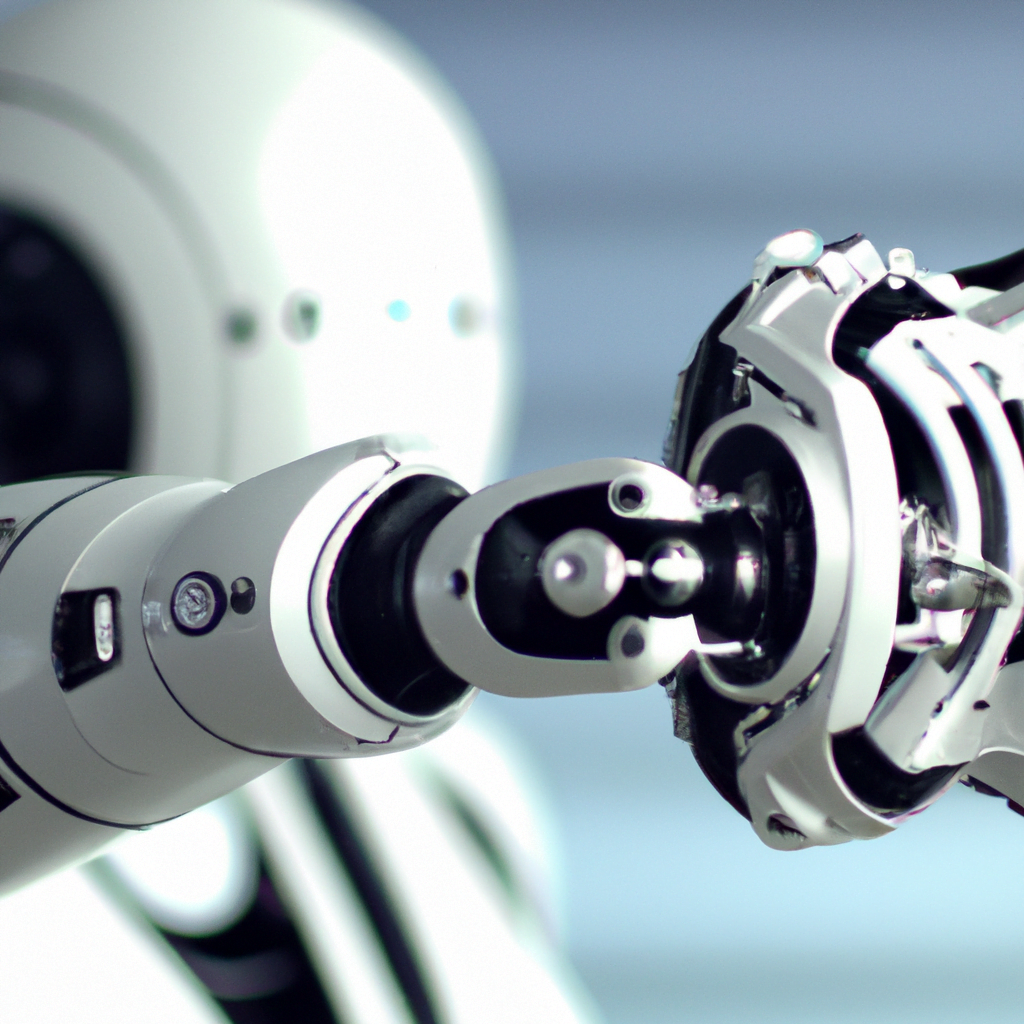How AI is shaping the future of education policy
Artificial intelligence (AI) is a rapidly growing field that is changing the way we live and work. It is also shaping the future of education policy, which is the set of rules and guidelines that determine how schools and educational programs are run.
One way that AI is impacting education policy is through personalized learning. Personalized learning is an approach to education that tailors teaching to the individual needs of each student. AI can help with this by analyzing data on student performance and learning styles to create customized learning plans.
For example, an AI system could analyze a student’s performance on past assignments and tests to identify areas where they need more help. The system could then recommend specific learning materials, such as videos or interactive simulations, that are targeted to the student’s needs.

Another way that AI is shaping education policy is through the use of chatbots. Chatbots are computer programs that use natural language processing to simulate conversation with humans. In education, chatbots can be used to provide students with instant support and feedback.
For instance, a student could ask a chatbot a question about a homework assignment and receive an immediate response. This can be particularly helpful for students who may be too shy to ask questions in class or who need extra help outside of regular class hours.
AI is also being used to improve student engagement and motivation. One example of this is through the use of gamification. Gamification involves using game-like elements, such as points, badges, and leaderboards, to make learning more fun and engaging.
AI can help with this by analyzing student performance data and making personalized recommendations for how to improve engagement. For example, if a student is struggling to stay motivated, the AI system could suggest a game-based learning activity that is tailored to their interests.
Finally, AI is being used to improve the overall quality of education. For example, AI systems can be used to analyze large amounts of data on student performance to identify trends and patterns that can help educators make better decisions about how to teach and support their students.
In conclusion, AI is having a significant impact on education policy, and this trend is only likely to continue in the future. From personalized learning to chatbots to gamification, there are many ways that AI is helping to improve education for students of all ages. As a 15-year-old student, it’s important to be aware of these developments so that you can prepare yourself for the future of education.






